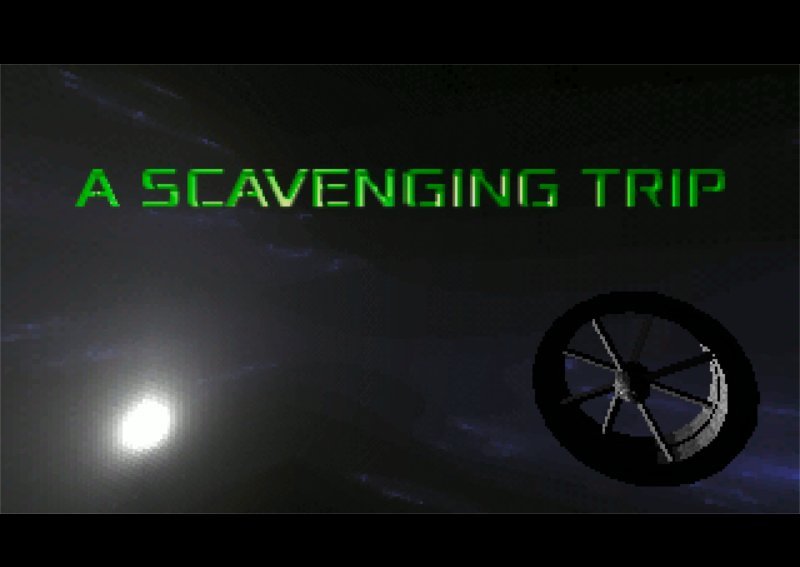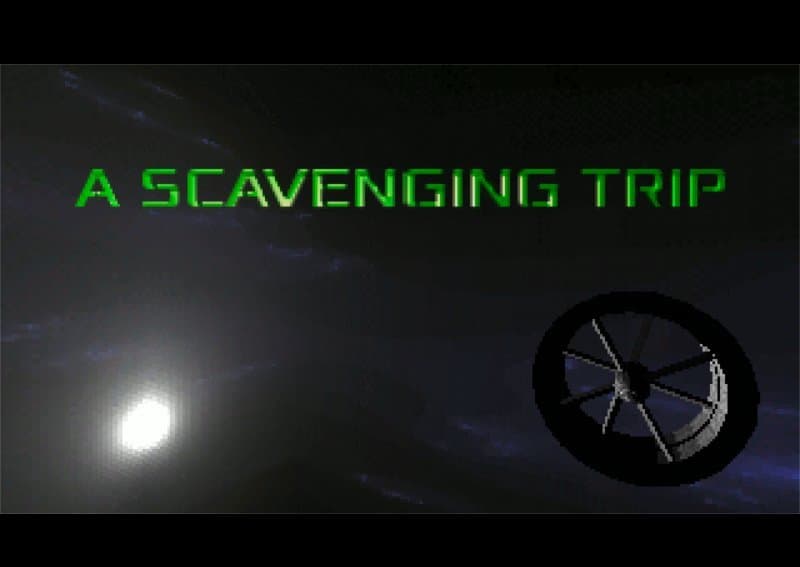Indie developer Totenarctanz has released 'A Scavenging Trip,' a short-form planetary exploration game built entirely with a custom Rust engine featuring CPU-based software rendering. This minimalist project challenges modern GPU reliance while demonstrating Rust's viability for game development.
In an era dominated by Unreal Engine and Unity, indie developer Totenarctanz takes a defiantly minimalist approach with their new release, A Scavenging Trip. This Windows and Linux game strips gameplay down to its essentials: players land on an alien planet, collect samples against a ticking clock, and escape—all within deliberately constrained 10-15 minute speedrun loops across three escalating difficulty missions.

The Rust Engine Powerhouse
The true technical intrigue lies under the hood. Totenarctanz built the entire game using a custom engine written in Rust, leveraging the language's performance and safety guarantees for game development. As the developer notes: "The game is developed using a custom software renderer and custom engine written in the Rust programming language." This choice reflects a growing trend of developers utilizing Rust for performance-critical systems programming, even in graphics-heavy domains.
Defying GPU Dependence with Software Rendering
A Scavenging Trip employs a pure software rendering pipeline, a rarity in modern gaming. "'Software' rendering in this context means that all graphics-related calculations are done by the CPU," the developer clarifies. "The GPU is used only to present the final image to the display." This approach:
- Enables remarkably low system requirements (runs on hardware as old as a Pentium M)
- Ensures broad compatibility across Windows 10+/Linux (*buntu 18.04+)
- Showcases efficient CPU utilization
- Harkens back to an era of constrained yet creative graphical solutions
Designed for Accessibility and Speed
Reflecting its minimalist ethos, the game features rebindable keyboard controls (WASDQE default), no mouse or gamepad support, and deliberately omits a save system—missions are short and unlocked from the start. Built on SDL2 for cross-platform windowing and input, it exemplifies how focused design combined with robust, modern systems programming (Rust) can yield efficient and accessible experiences. While niche, projects like this demonstrate Rust's potential beyond systems tools, offering a fascinating case study in intentional technical constraints fostering unique gameplay and broad accessibility. Its existence is a testament to the enduring appeal of building from the metal up.

Comments
Please log in or register to join the discussion